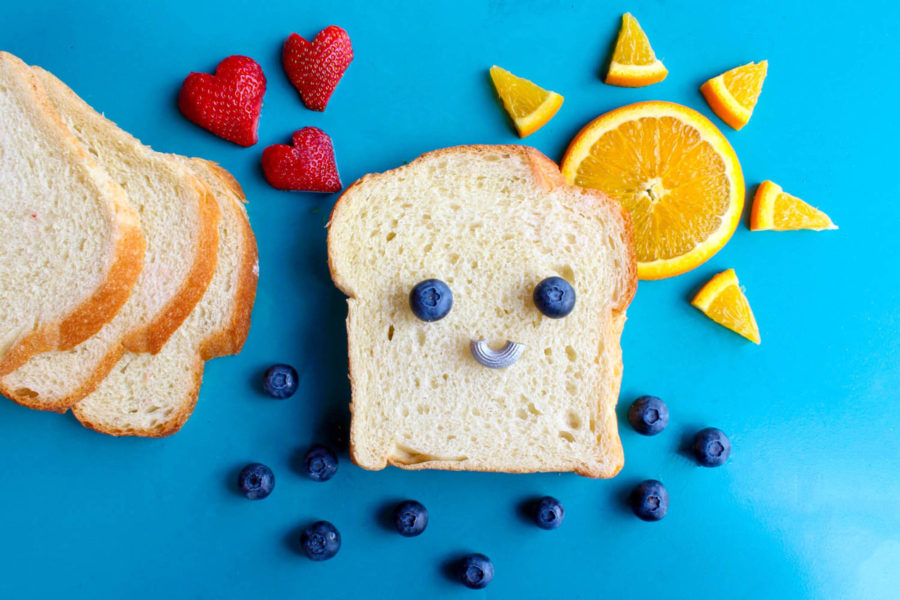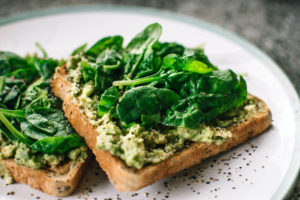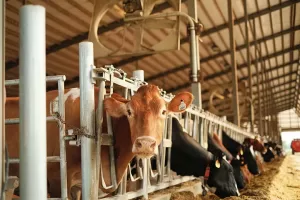Hi everyone! My name is Lindsay and I’ve recently joined the Earthsave Board of Directors as Secretary. I’m excited to become more involved with Earthsave, including being the author of a blogpost every now and then.
As a new board member, and also, honestly, a relatively new vegan in the grand scheme of things (just over a year and a half), I thought I would write my first blog post about my top 5 tips for how to first start going vegan.
Tip #1: Educate yourself!
I think the number one tip to going vegan- and staying vegan- is educating yourself on why going vegan can help animals, the planet and your own health. Watch some documentaries, read some articles, and remember- Earthsave is an incredible resource for this type of thing! Once you know your ‘why’, being vegan and staying vegan will come much more naturally to you.
Tip #2: You already enjoy more vegan food than you may realize (and there are substitutes for the non-vegan food you enjoyed!)
Have you ever had a PB&J sandwich? How about spaghetti with a tomato sauce? French fries?! There are likely so many vegan foods you’ve had that you love already. Don’t assume that going vegan would mean giving up all of these foods you love. Also remember- there are always vegan substitutes for foods you loved before that aren’t vegan! There are obvious ones, like Beyond Burgers as a substitute for meat burgers, but did you know you can make a pretty great macaroni and cheese with blended potatoes and carrots? Magic!
Tip #3: Sticking with food that’s naturally vegan vs. buying vegan substitutes
When I first tried going vegan, I’m pretty sure I went to the grocery store and bought the entire vegan substitute section. Vegan meats, vegan cheeses, vegan cream cheese, vegan butter, anything that said “vegan”, I bought it! Now, I’m going to be honest with you- and this might be a bit of a controversial opinion- but I don’t think all of these vegan substitutes taste good. Some do, don’t get me wrong. But what I’m trying to say here is- you actually don’t need all of these fancy substitutes to be vegan. Oftentimes, they can be quite pricey and less healthy than naturally plant-based foods (if that’s something you’re concerned about). When you’re first starting out, it might be helpful to stick to food that’s already vegan like beans, rice, vegetables, etc., and then you can wade into the world of vegan substitutes when the time is right. You’ll find your favorites soon enough. Especially during a time of physical distancing like now, some vegan staples can be super helpful (some of my favorites are Gardein “chicken” products, and Beyond Meat).
Tip #4: That said… be adventurous!
I know this might seem to contradict some of my other tips, but also try to be a bit adventurous! You might think going vegan will restrict or limit your diet, but on the contrary, it can open up a whole new array of ingredients, and new ways of thinking about food! Have you ever had tempeh? Tofu? Jackfruit? There are tons of fun vegan ingredients to experiment with! And remember- your spice cabinet is vegan, so don’t be afraid to get spicy and try some new flavors!
Tip #5: Engage with Other Vegans!
If you’re the only vegan in your family or friend group it can be pretty isolating sometimes. Try to meet other vegans in your area, through volunteering or social events (If you’re based in Vancouver, there are so many options for this!). If you’re in a place with very few vegans, the internet is also a great resource. There are lots of vegan Instagrammers, subreddits, Twitter accounts and more where you can engage with other vegans, find more vegan tips and great recipes! Two of my favorites vegan recipe blogs are From My Bowl and It Doesn’t Taste Like Chicken.
I hope these tips are helpful for you vegan-curious folks out there! Until next time!
Photo by Sydney Troxell from Pexels








